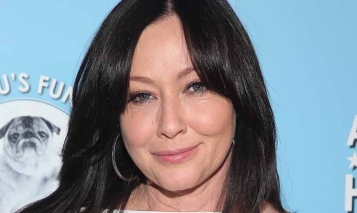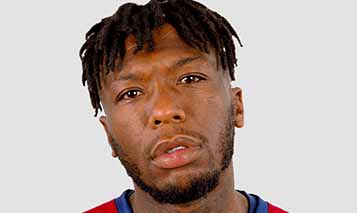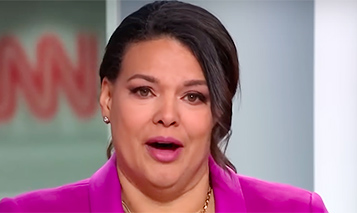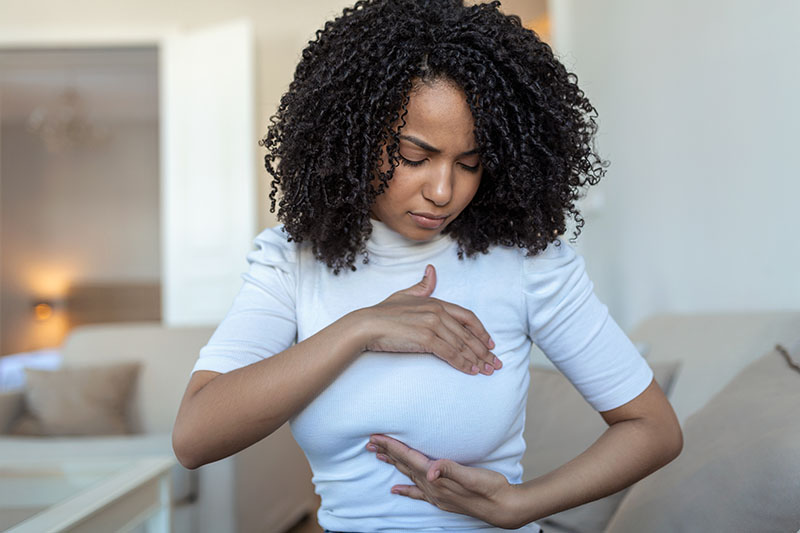
Anyone with breasts can develop breast cancer regardless of sex or gender.
Cancer occurs when abnormal breast cells divide and grow despite controls in place to block abnormal cell division.
Most people have abnormal cells. It isn’t clear what triggers abnormal cells to begin dividing.
According to Health.com, researchers know that certain hormones, genetics, lifestyle, and environmental risk factors can increase the likelihood of breast cancer.
But people with few or no risk factors can still develop breast cancer, and people with many risk factors may never develop breast cancer.
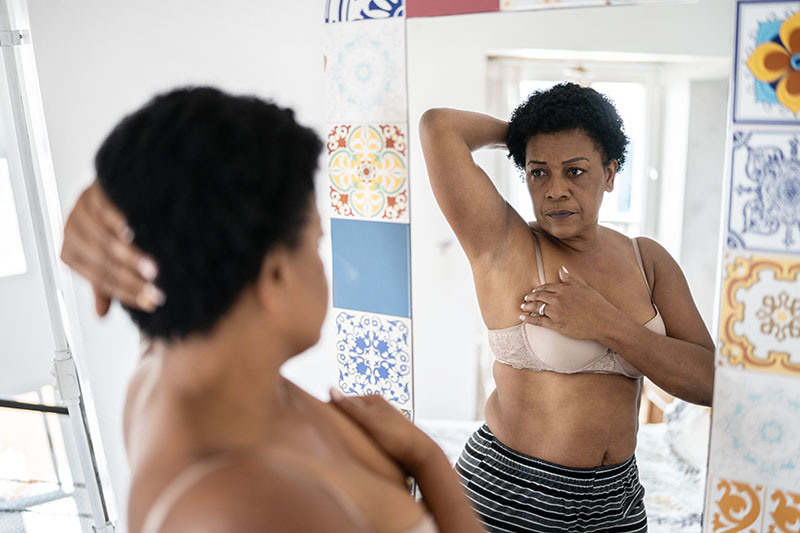
A new study shows the breast cancer rate among women 50 and over is rising dramatically.
What Causes Breast Cancer?
Normal cells such as skin cells constantly divide to renew itself. But abnormal cells divide rapidly and grow out of control.
As abnormal cells divide, they clump together in a mass or lump that develops its own blood supply. The cancer may spread to other structures and organs (metastatic cancer).
Most breast cancers in women and men start in the milk ducts; this is called invasive ductal carcinoma. Other breast cancers start in breast tissue cells, including glandular tissue called lobules; this is called invasive lobular carcinoma.
Breast Cancer Risk Factors
Breast cancer risk factors include certain hormones, genetics, lifestyle, and environmental risk factors. More causes of breast cancer are listed below.
Age
The risk increases with age, which is why the American College of Obstetricians and Gynecologists recommends yearly mammograms starting at age 40.
Genetics
Risk factors increase if a woman has a close family member with a history of breast cancer.
Alcohol
Women who drink alcohol have an increased risk of breast cancer.
Sugar consumption
Drinking too many sugary beverages (sodas) may increase the risk of death from cancer.
Age of 1st menstruation cycle
Women who began menstruating before age 12 are at risk of breast cancer.

Pregnancy
Giving birth to your first child after age 30 can increase your breast cancer risk. But women who have never been pregnant are at a greater risk of breast cancer than women who have given birth one or more times.
Hormones
Women who are on hormone replacement therapy (HRT), specifically HRT that combines estrogen and progesterone, increases the risk for certain types of breast cancer.
Obesity
Obese postmenopausal women have a higher risk of breast cancer.
This has been your medical minute.
DISCLAIMER
Any medical information published on this blog is for your general information only and is not intended as a substitute for informed medical advice. Always consult with your personal physician or a health care provider. Sandrarose.com and its affiliates cannot be held liable for any damages incurred by following information found on this blog.


